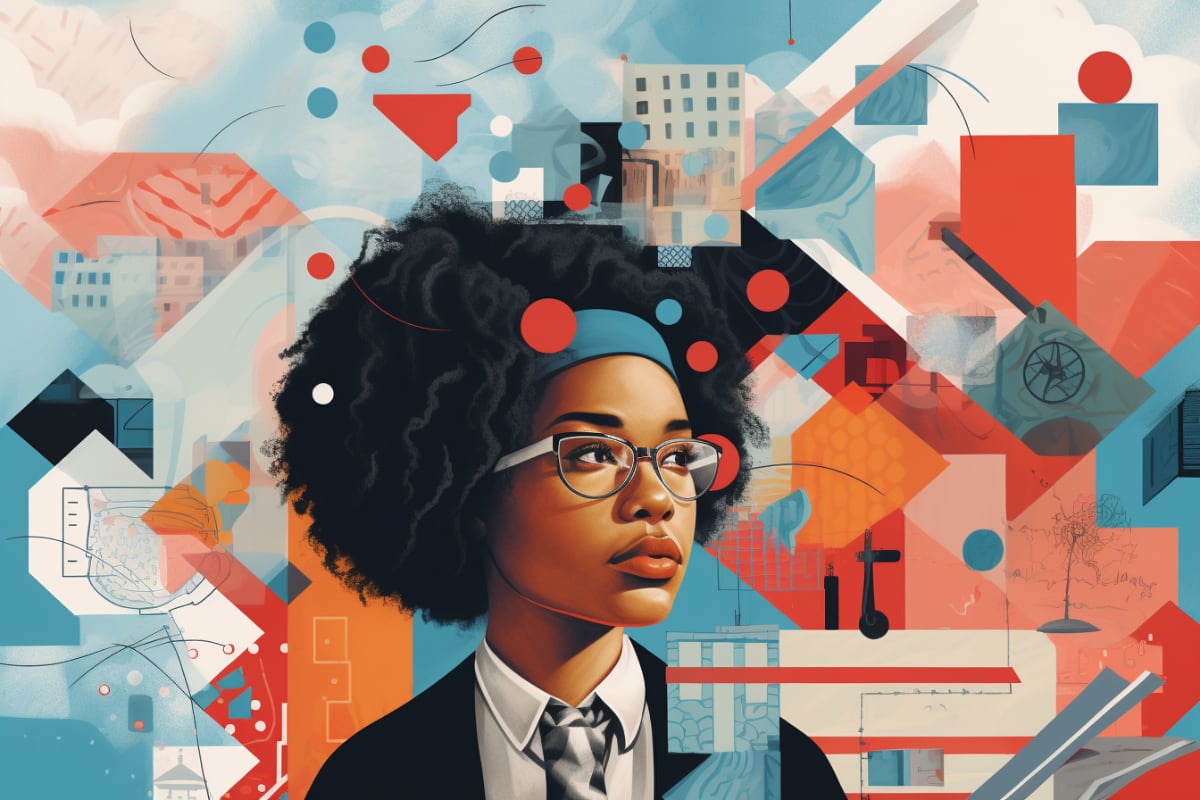There is no doubt that college readiness offers outstanding opportunities for students where they will not just earn a diploma but will also grow their skills so they can grow in the future. If you want a great career path for your future, then college is the necessary place you should go.
But to go there, college readiness is important, and you will require some skills for that. If you are unaware of those skills and their importance, you have come to the right place. However, before you move forward, you should understand college readiness.
What Do You Mean by College Readiness?
You may be surprised that most people need to prepare for college, even if they are so good at academics. But with college readiness, you can make sure this will not happen!
A high school student should possess a specific set of abilities, attitudes, and information prior to enrolling in the first semester of college. This is known as being “college ready.” Teachers and counselors are crucial in ensuring this occurs and can support students in achieving academic achievement in college. Knowing how to prepare your pupils for college adequately is crucial if you’re a teacher or are considering becoming one.
Importance of College Readiness
One of the biggest transitions is from high school to college. Students frequently leave home and start new chapters in their lives, both personally and academically. To better prepare pupils for an enjoyable college experience before enrolment, parents and instructors must comprehend why college preparation is vital.
According to numerous studies, being college-ready increases a student’s likelihood of finishing their degree. However, the impact goes beyond that. In order to have a properly skilled workforce that can meet the needs of the 21st century, high school graduates need to be college- and career-ready, according to a report by American College Testing (ACT).
Skills You Require for College and Career Readiness
Skills that every college look for is similar to the skills that are developed in students’ journey through higher education. Therefore, prospective college students should start planning how they will develop these abilities now to be prepared to fulfill the requirements and standards of colleges, universities, and potential employment in the future.
Five such soft college readiness skills are essential to boost college and career preparedness and are equally as crucial as academic learning:
1. Self-motivation
Most students know that attending college will require them to develop significantly greater self-motivation and self-discipline. College students learn to create their timetables, make choices about their physical and mental well-being, and prioritize their studies and projects to meet deadlines because they have more free time and a less controlled atmosphere.
Another crucial life skill that is necessary for all types of employment is self-motivation. Even though some professions require discipline and formulaic tasks, companies prefer to deal with people who can inspire themselves, especially in hectic periods. Becoming a highly regarded and sought-after student or employee is simple if you can learn to motivate yourself, encourage your development, and manage your time effectively.
By making a list of your priorities, defining goals, and maintaining a schedule, you can enhance your motivation. You’ll be able to identify your motivations and how to take steps to help you achieve your goals more effectively the more often you check in with yourself.
2. Critical Thinking
While college is the ideal setting for developing critical thinking, most students should begin honing this ability in high school. Deeper involvement with information within and outside of school is necessary for thinking critically.
Do you challenge the current quo or believe what you are told? You need to have your own opinions and the ability to conduct an in-depth study if you are interested in critically interacting with texts, the media, and yourself.
Both college admissions officers & potential employers will assess a candidate’s critical thinking skills. Before making a choice, they want to ensure you carefully consider all your possibilities.
3. Communication
Although kids can practice this preparation skill immediately, it grows with time and experience. To effectively connect with others, regardless of the industry you choose to pursue, you must have a combination of verbal and nonverbal abilities.
You may start practicing communication skills immediately at home, school, and work. Keep a journal to record your impressions from conversations with friends, family, teachers, and co-workers. What verbal or nonverbal cues do the folks you interact with most frequently provide you? What cues do you give off that seem to be effective? How can people communicate more effectively and clearly in all facets of their life?
The more you understand your unique communication style, the more equipped you’ll be for the future and successfully collaborating with others.
4. Perseverance
Perseverance, or “grit,” is arguably one of the most crucial preparedness skills for college, a profession, and beyond. Whatever route you choose for your job or higher education, you’ll encounter many obstacles.
The only surefire path to success is the capacity to bounce back from setbacks. Work hard, learn from your failures, and keep developing. That’s all anyone could ever hope for, and if you can persevere now, you’ll be prepared for challenges later on in college and your job.
5. Knowledge Integration
Even if it might seem like all you have to do to study for an exam at a time, it’s crucial to apply the academic material you learn in class to your profession and daily life. It will make school more exciting for you and enable you to mix your academic studies with your interpersonal & soft skills in your future employment.
What exactly are you learning? What practical uses can you make of that knowledge? Where do you envision this information being used outside of the classroom?
You can begin developing this skill by looking for jobs, internships, or work-based learning opportunities where you can use your academic knowledge in a genuine working setting. The best method to prepare for college & your future career is to apply both academic & technical skills to real-world situations.





